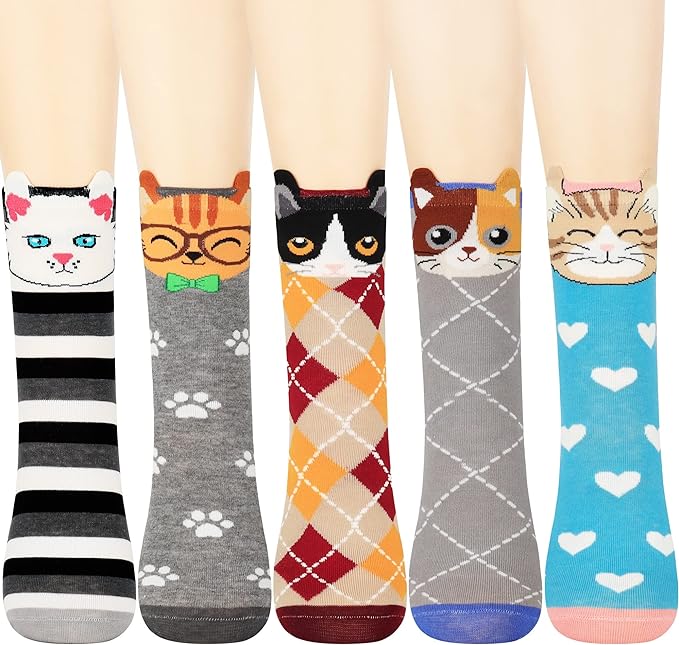This ” Persian Cat Lifespan and Aging: What to Expect How to Care ” post may contain affiliate links, which means I’ll receive a commission if you purchase through my link, at NO EXTRA COST TO YOU
Persian Cat Lifespan and Aging: What to Expect and How to Care
Persian cats, with their striking looks and gentle personalities, are a beloved breed worldwide. Understanding their lifespan and the aging process is essential for providing them with the best care possible. By knowing what to expect as your Persian cat ages, you can ensure they enjoy a healthy and comfortable life for as long as possible.

Understanding the Persian Cat Lifespan
First and foremost, it’s important to recognize that Persian cats typically live between 12 to 16 years. However, many factors can influence their lifespan, including genetics, diet, lifestyle, and healthcare. With the right care and attention, some Persian cats even live into their late teens or early twenties.
Genetics and Lifespan
Genetics play a crucial role in determining the lifespan of Persian cats. Cats from reputable breeders often have a better chance of living longer, healthier lives. These breeders prioritize health and breed for traits that reduce the risk of inherited diseases. It’s essential to choose a breeder who tests for common genetic issues in Persian cats, such as polycystic kidney disease (PKD), which can significantly impact lifespan if not managed properly.
The Importance of Diet and Nutrition
Diet and nutrition also significantly affect your Persian cat’s lifespan. A balanced diet rich in high-quality proteins, fats, and essential vitamins is crucial for maintaining your cat’s health throughout their life. Moreover, feeding your Persian cat a diet tailored to their specific needs, whether it’s a kitten formula, an adult maintenance diet, or a senior cat diet, helps support their health at every stage. Additionally, providing fresh water and monitoring your cat’s weight prevents obesity, a common issue in Persian cats that can lead to a shorter lifespan.
Regular Veterinary Care
Regular veterinary care is another key factor in extending your Persian cat’s life. Annual check-ups, vaccinations, and routine dental care are essential for catching potential health issues early. As your Persian cat ages, more frequent visits to the vet become necessary. Early detection of age-related conditions like arthritis, kidney disease, or dental problems allows for timely treatment and management, ultimately contributing to a longer, healthier life.
Aging in Persian Cats: What to Expect
As Persian cats age, they go through various physical and behavioral changes. Understanding these changes helps you provide the best care during their senior years. Typically, Persian cats enter their senior years around the age of seven or eight. During this time, you may notice them becoming less active and sleeping more. Additionally, their coat may lose some of its luster, and they may require more frequent grooming to maintain their luxurious fur.

Top 10 Hypoallergenic Cat Breeds
For many people, allergies can make owning a cat seem impossible. The sneezing, itchy eyes, and runny noses often scare potential cat owners away. However, several hypoallergenic cat breeds can significantly reduce allergic reactions. Although no cat breed is entirely allergen-free, certain breeds produce fewer allergens, making them great options for people with allergies.
Common Health Issues in Aging Persian Cats
Persian cats are prone to certain health issues as they age. One of the most common is kidney disease, particularly polycystic kidney disease (PKD), which affects a significant number of Persian cats. Regular blood and urine tests help monitor kidney function and catch issues early. Additionally, Persian cats may develop dental problems, such as periodontal disease, which can lead to discomfort and difficulty eating if not addressed promptly. Arthritis is another common issue in older Persian cats, often leading to decreased mobility and stiffness. Providing joint supplements and creating a comfortable living environment helps alleviate these symptoms.
Managing Weight and Mobility
Weight management becomes increasingly important as your Persian cat ages. Older cats tend to be less active, which can lead to weight gain and exacerbate health problems like arthritis or diabetes. Monitoring your cat’s weight and adjusting their diet accordingly helps prevent obesity. Furthermore, ensuring your home is accessible and comfortable for your aging cat is essential. Providing soft bedding, heated mats, and easy access to litter boxes helps them stay comfortable and maintain their independence.
The Emotional Needs of Aging Persian Cats
As your Persian cat ages, their emotional needs also change. Senior cats often become more attached to their owners and may seek out more attention and affection. Spending quality time with your cat, providing gentle petting, and offering comfort helps keep them emotionally content. Additionally, maintaining a consistent routine helps reduce stress and anxiety, which are common in older cats.
Monitoring for Signs of Aging
Being vigilant about monitoring your Persian cat for signs of aging allows for early intervention and management of potential issues. Keep an eye out for changes in appetite, weight, behavior, and grooming habits. If you notice your cat drinking more water, losing weight, or becoming more vocal, these could be signs of underlying health problems that require veterinary attention. Regularly checking your cat’s eyes, ears, and teeth also helps catch any issues before they become serious.
Enhancing Quality of Life in Senior Years
Enhancing the quality of life for your aging Persian cat is essential. Providing mental and physical stimulation, even in their senior years, helps keep them engaged and happy. Interactive toys, puzzle feeders, and gentle play sessions offer stimulation and prevent boredom. Moreover, creating a safe, quiet space where your cat can retreat when they need rest contributes to their overall well-being.
Conclusion
In conclusion, understanding the lifespan and aging process of Persian cats allows you to provide the best care possible throughout their lives. By focusing on proper nutrition, regular veterinary care, weight management, and emotional well-being, you can help your Persian cat enjoy a long, healthy, and fulfilling life. As your Persian cat enters their senior years, staying attuned to their needs and making necessary adjustments ensures they remain comfortable and happy, allowing you to cherish every moment with your beloved feline companion.
© Copyright 2024. All rights reserved.



